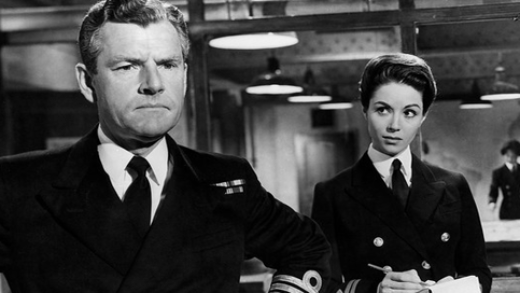During the month of April I went on a spree of television show binging. It’s been a sort of ugly time. I’ve kept reading James Joyce’s Ulysses, happily. I finished Persepolis and Snow Country. I saw down and viewed all five hours of Hamaguchi’s 2015 film Happy Hour and really enjoyed it.
I rode 140 miles in four different states (Pennsylvania, Vermont, Massachusetts, and Virginia).
4/1
— Narcos: Mexico, #3.8-10. Let me revise what I said midway through the second season when I claimed, disparagingly, that the show had jumped the shark. The third season alerted me to the possibility that the makers had The Wire in its trajectory as an influence. I am not ready to say that the makers may have reached those heights, but I do think that the development of certain characters — for example, the destitute police officer — was poetic and meaningful.
One fascinating character from Narcos: Mexico‘s third season: Victor Tapia
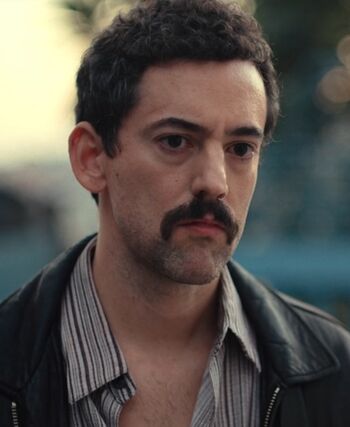
Victor is played by the actor Luis Gerardo Méndez. When we meet Victor he is an impoverished Mexican police officer who we learn has to ask for bribes in order to do his job, like most of his colleagues, because they are paid so poorly.
The most important thing that happens to the character is that he uncovers the serial murders of female workers from the maquiladores when his neighbor asks him to look into the disappearance of her young daughter, just about to celebrate her quinceañera.
The scope of the crime surprises him but leads him to find a man who he believes to be responsible. He kills him and believes that he’s achieved some measure of justice. Only to learn the next day that yet another woman’s body was found and his murderer could not have been her murderer.
Serial murderers and their crimes have fascinated Americans for years. I like to think that our fascination with them is because we are absolutely horrified, morally and emotionally. Yet I suspect that we are slightly titillated as well, sadly.
In his major work 2666, Chilean-born writer Roberto Bolaño devoted the longest section to the murder of women around Ciudad Juarez.
Méndez’s character is fascinating because of his pathos and his helplessness and his tragic end. He’d thought he had done something honorable and noble in finding the killer, even though he was repeatedly rebuffed by those around him when he raised the inquiry. Yet his action turns out to be insignificant, and the momentary relief and satisfaction — emotions that a Mexican police officer rarely chances to enjoy, on this account — are short-lived and in error.
The same forces that are partially at work in these femicides lead to his own death. For no one is free of the scourge of poverty, regressive labor practices, and narcoterrorism in general.
4/3
— 13 Assassins (2010) Directed by Takashi Miike, who I think I first learned of when I saw Audition (1999), which scared the be-jesus out of me and I turned off before finishing. Been meaning to finish watching that. Miike has a think about amputations and body dysmorphia and absolute moral transvaluation … 13 Assassins is a great film, but it is probably one of his more conventional films (and I’ve only seen a half dozen or so)
— James Joyce, Ulysses, 10 pp.
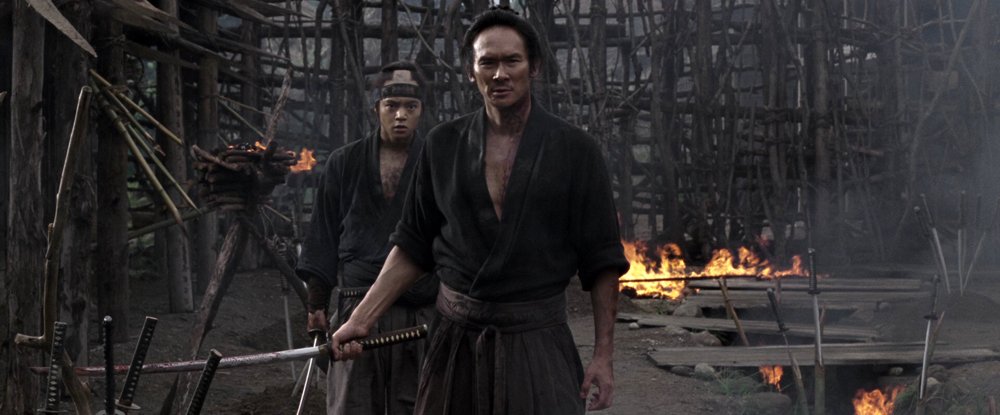
4/4
— Zoolander (2003) Netflix previews got me to watch this, which I had already seen before. They had been excerpting the walk-off scene and so I turned it on while doing something.
— Shawshank Redemption (1994) In a previous post I wrote about the afterlife of movies and books, and why some are destined for posterity and others oblivion. This is one of those strange cases, I think. It’s a great film, but I think among so many other good films it will be forgotten. Even at its release it was overshadowed by Pulp Fiction and Forrest Gump.
— Ulysses, 5 pp.

The film Shawshank Redemption was based on the Stephen King story “Rita Hayworth and the Shawshank Redemption,” in the early his collection Different Seasons.
I read it as a teenager in late 80s Wheeling, W.Va. sometime shortly after I had been migrated there from Powhatan Point, Oh. Although I liked that story, I liked “Apt Pupil” more (sadly, that film adaptation was generally weak …).
4/5
— Obsession (1947) Highlighted by the Criterion Channel and I have never seen before. Directed by Edward Dmytryk.
— Ulysses, 10 pp.
— J.J.’s Ulysses, 10 pp.
— Farber on Film (FoF), 10 pp. Not sure why I decided I needed to read Manny Farber‘s film reviews, but I did.
4/6
— FoF, on “Saboteur”, “Mrs. Miniver,”
— Homer, Odyssey, Bk. 15
4/7
— FoF, on “Yankee Doodle Dandy,” “The Magnificent Ambersons”
— Odyssey, Bks. 16-17
— The Protegé (2021). Ehh. Maggie Q, Michael Keaton, and Samuel L. Jackson.
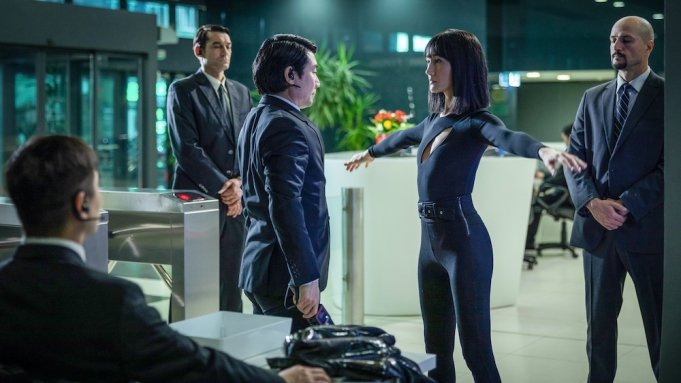
4/8
— Severance, 1.1-4 A series on Apple TV, about a company that manages to sever a person’s business life from their personal life.
Once the weirdness of the plot has been accepted, it becomes an incredibly stimulating and evocative experience.
And experience is the right word to describe this, since the experience of a person has been cut in half.
Yet even that is not exactly enough to describe this. It’s better to say that Severance describes the creation of a new person separate from the old person, presumably with all of the skills but not necessarily all of the knowledge of the previous person. Once that it understood, what you realize is that a slave is really being created, a person who only lives to work and ceases to live once the work day is over.
4/9
— Severance, 1.5
— Odyssey, Bk. 18
4/10
— Severance, 1.6-9
Couldn’t control myself and watched all that was available.
4/13
— Odyssey, Bk. 19
4/14
— Better Call Saul, 4.8-9, 5.1
This series is a spin-off from the series Breaking Bad (2008-13), which was created by Vince Gilligan and starred Bryan Cranston and Aaron Paul. The lawyer, Saul Goodman (Bob Odenkirk) who helps the major characters in BB launder the money made from their meth lab, is the hero of this show.
Better Call Saul presents the origin story behind the character of Saul Goodman (Bob Odenkirk), a compelling story of its own. The series has had fives seasons, the sixth now showing on AMC. The fifth season only recently became available on Netflix …
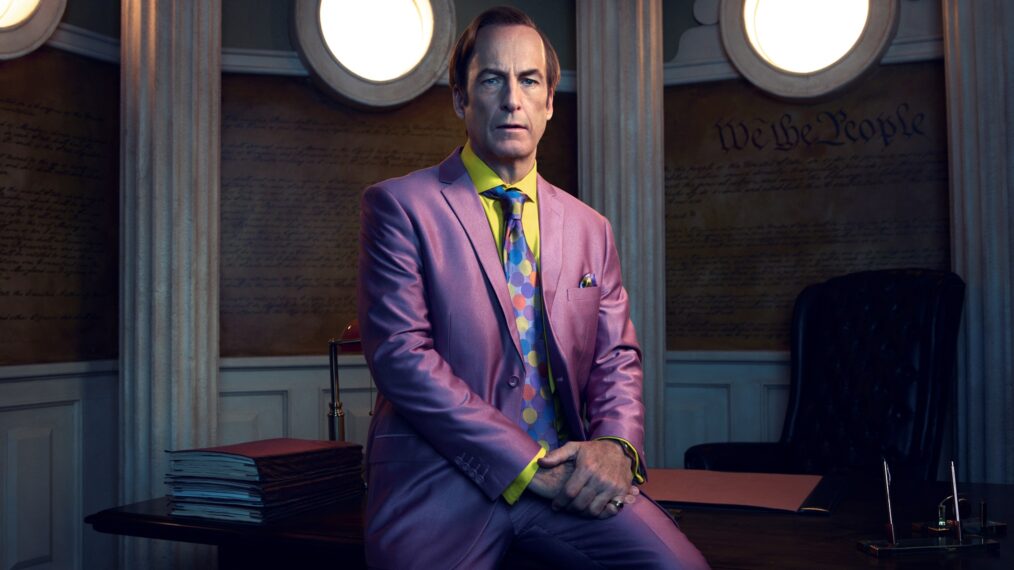
BCS‘s primary character, Jimmy McGill/Saul Goodman, ends up on BB as an unbelievable, mostly unsympathetic defense attorney, whose primary goal is to profit financially from the mistakes of his clients. But Vince Gilligan and Peter Gould, the series’ creators, do what I think BB did well, namely, ask how did the people who got here (a life of vice, crime) get here.
The framing of BCS puts Jimmy McGill/Saul Goodman into the role of manager of a mall food shop, hiding from his enemies after the end of BB. In that context it then goes back to a period preceding BB, showing how he came to be.
— Ulysses, 10 pp.
4/15
— Better Call Saul, 5.2-5
— Yasunari Kawabata, Snow Country, 10 pp.
Read for the Philadelphia Classics Book Club.
4/16
— Better Call Saul, 5.6-10
— Snow Country, 25 pp.
— Across 110th Street (1972) Directed by Barry Shear and starring Yaphet Kotto and Anthony Quinn.
I’ve known about this movies since the late 1990s, I think, after putting together some pieces from the title song that was featured in Quentin Tarantino’s Jackie Brown (1997) soundtrack.
Quinn plays a racist NYPD police captain, and Kotto an up-and-coming black NYPD detective that has to work with him in order to solve a robbery/murder.
4/17
— First Cow (2020) Directed by Kelly Reichardt, starring John Magaro, Orion Lee, Toby Jones.
— A Place In the World (2020)
— Snow Country, 10 pp.
4/18
— The French Connection (1971), last 30 minutes.
— Night Moves (1975), beginning and end.
Directed by Arthur Penn (of Bonnie and Clyde [1967] fame, among others), and starring Gene Hackman. A noir of sorts with a strange, perhaps unpredictable ending.
— Molly’s Game (2017). Directed by Aaron Sorkin and starring Jessica Chastain, Idris Elba, and others.
Although I probably share most of his political views, I find myself repelled by Aaron Sorkin’s projects, mainly because of the smug, self-righteousness his primary characters repeatedly exude. I suspect they are precisely what conservatives deploring “elitists” imagine. Consider The West Wing (1999–2006) and The Newsroom (2012–14) as two examples.
The title character in this film is consistent with the leads of those two series. The key to this film is the name of the protagonist, her literary referent, and that one’s primary feature. See below (both literally and metaphorically).
— Snow Country, 15 pp.




4/19
— Schumacher (2021)
Hagiography of F1 race car drive Michael Schumacher.
— Snow Country, 50 pp.
4/20
— Tokyo Chorus (1931) Early silent film directed by Yasujirō Ozu and starring Tokihiko Okada and Emiko Yagumo.
— Finished Snow Country
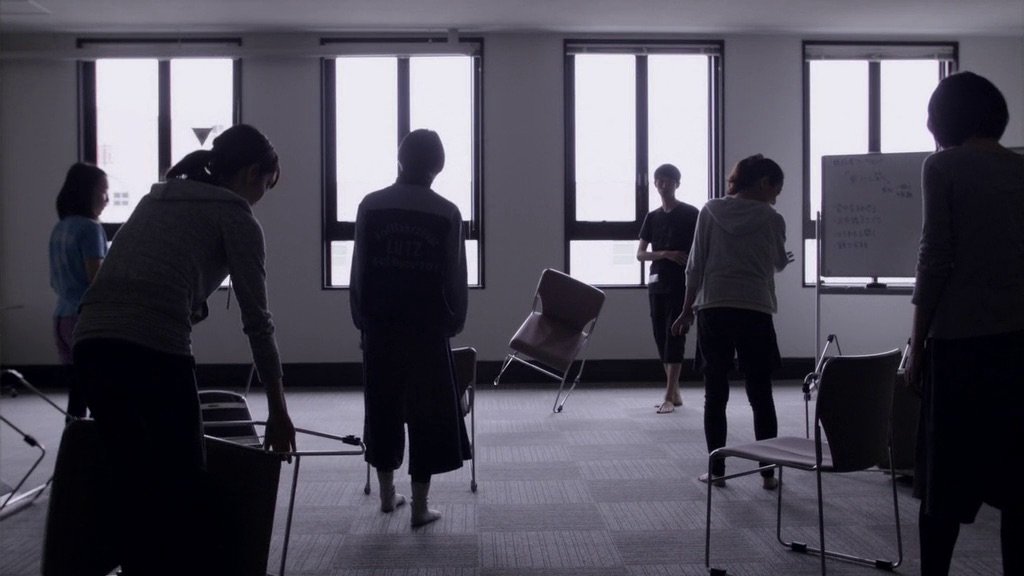
4/24
— Happy Hour (2015)
Wrote a brief commentary on this lovely, albeit quite long film by Ryūsuke Hamaguchi.
4/25
— Peaky Blinders, 1.1-2
— Ulysses, finished “Cyclops” finally. This may be my favorite part of the entire book
4/27
— Joyce, “An Encounter”, Dubliners
4/28
— Peaky Blinders, 1.3-5
4/29
— Peaky Blinders, 1.6, 2.1-2
— The Green Knight (2021) Directed, written, edited, and produced by David Lowery, adapted from the 14th-century poem Sir Gawain and the Green Knight. The film stars Dev Patel as Gawain.
— Persepolis, 25 pp.
4/30
— Finished Persepolis
— Ocean’s 11 (1960) Directed by Lewis Milestone and starring five of the Rat Pack: Frank Sinatra, Dean Martin, Sammy Davis Jr., Peter Lawford, and Joey Bishop.
The film that started the rash of Ocean’s #/George Clooney/Brad Pitt/Matt Damon films, except with people singing.
Say what you will, George Clooney is 1000 times more enjoyable than Frank Sinatra.


